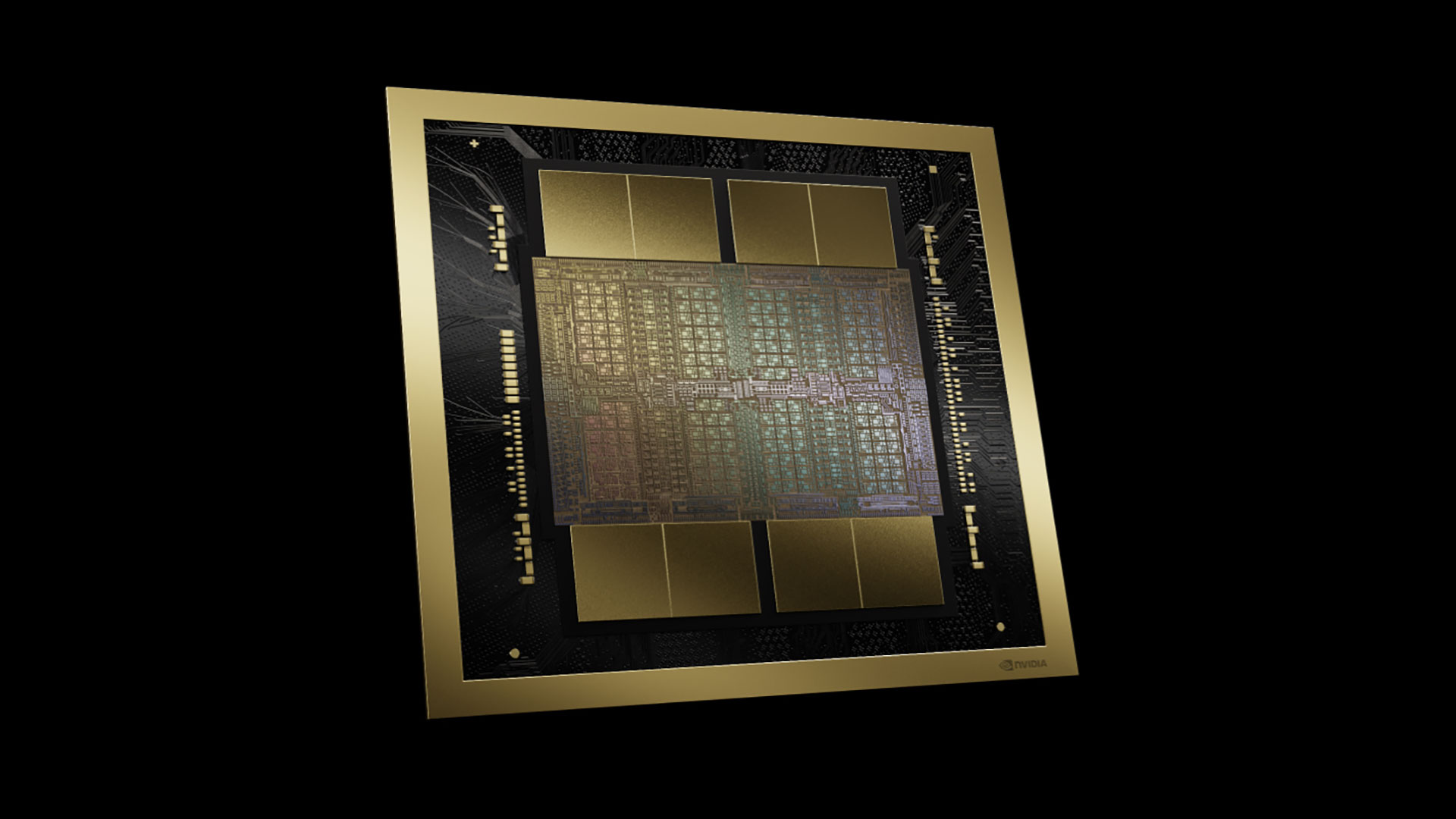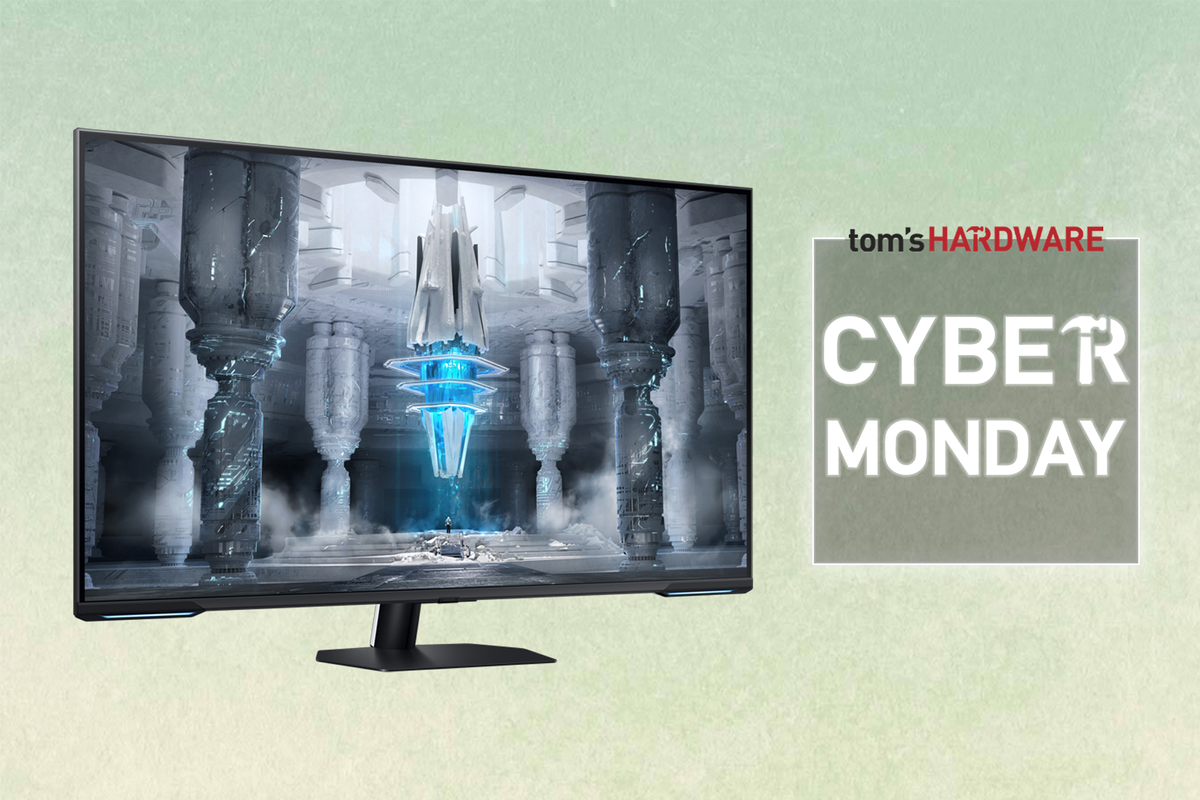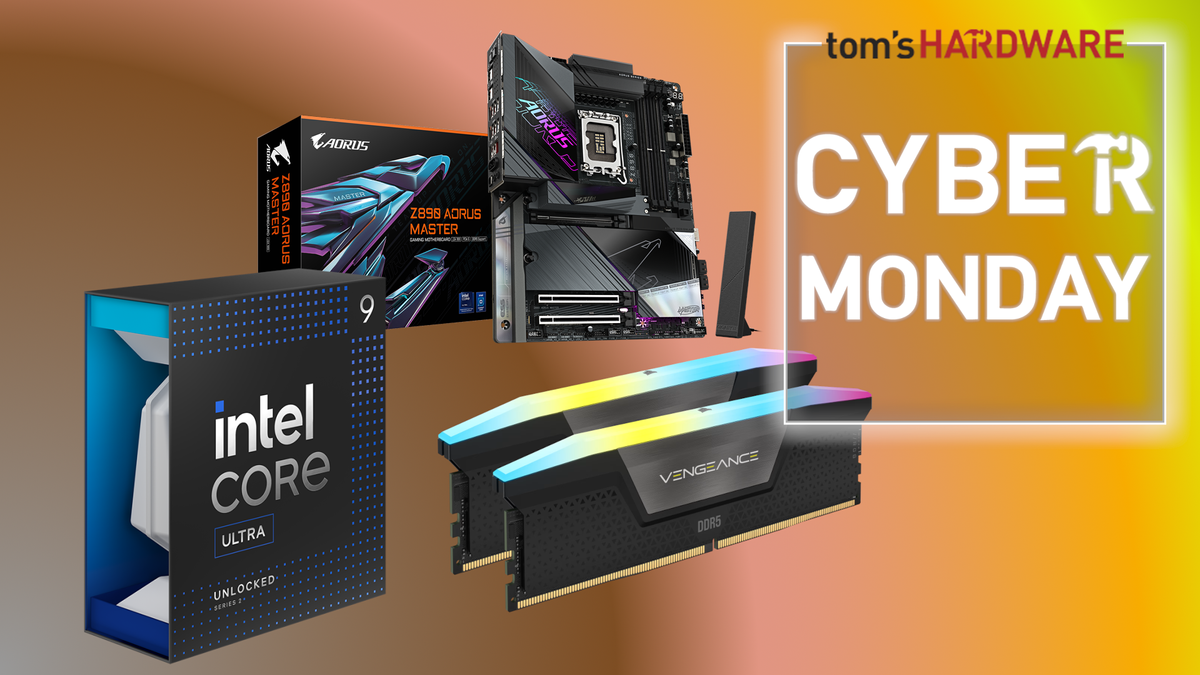Many Chinese tech giants are now looking at alternatives to Nvidia as Trump’s expanded export controls have banned the sale of the H20 chips that were built specifically around the previous Biden administration bans. According to the Financial Times, Alibaba, Tencent, and Baidu have already begun testing alternatives to Nvidia’s AI chips, like Huawei’s Ascend 920 AI chip, which was introduced soon after the H20 ban was announced.
Industry executives say that they have enough Nvidia AI chips stockpiled at present to ensure that AI development would continue without a hitch until early 2026. However, many are already looking at alternatives, especially given the uncertainty of how the H20’s replacement, the B20, and its AMD competitor, the Radeon AI PRO R9700, will perform. That’s because both companies must replace the higher bandwidth HBM memory with GDDR7 memory to comply with Washington’s rules.
While China’s AI chips still lag behind Nvidia’s top offerings, their research and development have made remarkable strides. Just a few years ago, China-made semiconductors were about a decade or two behind U.S. technology. But today, some Chinese tech companies can now make chips that are just one generation behind, like the Lisuan G100 GPU. It was specifically these bans that have supercharged China’s AI technology, as both Beijing and the Chinese private sector at large realized the threat of relying solely on American-made chips for their AI processing power.
This is exactly what Jensen Huang was saying — controlling AI exports to China would fail, only serving to push the country’s semiconductor independence forward. While Chinese officials conceded that the export controls were indeed painful, the lack of advanced chips has forced local chip makers to innovate and build solutions. Aside from that, there’s also a healthy black market of smuggled Nvidia chips. So even though companies can no longer get the AI chips legally, they can still get them through other means.
The biggest challenge to the deployment of alternative AI chips is the need to migrate systems from Nvidia hardware. This will entail substantial cost, especially from the outset, and would require extensive support from hardware engineers. It’s also expected to take around three months, disrupting the continuous development of AI. But once this has been done, it would make subsequent deployments much easier.
Of course, research and development on local AI chips would continue, especially now that there is enough demand for them. So if China can reduce its reliance on American AI chips and build its own comparable semiconductor, Nvidia (and the US’s) global dominance on AI technology will be threatened in the near future.
Follow Tom's Hardware on Google News to get our up-to-date news, analysis, and reviews in your feeds. Make sure to click the Follow button.

 6 months ago
60
6 months ago
60








 English (US) ·
English (US) ·